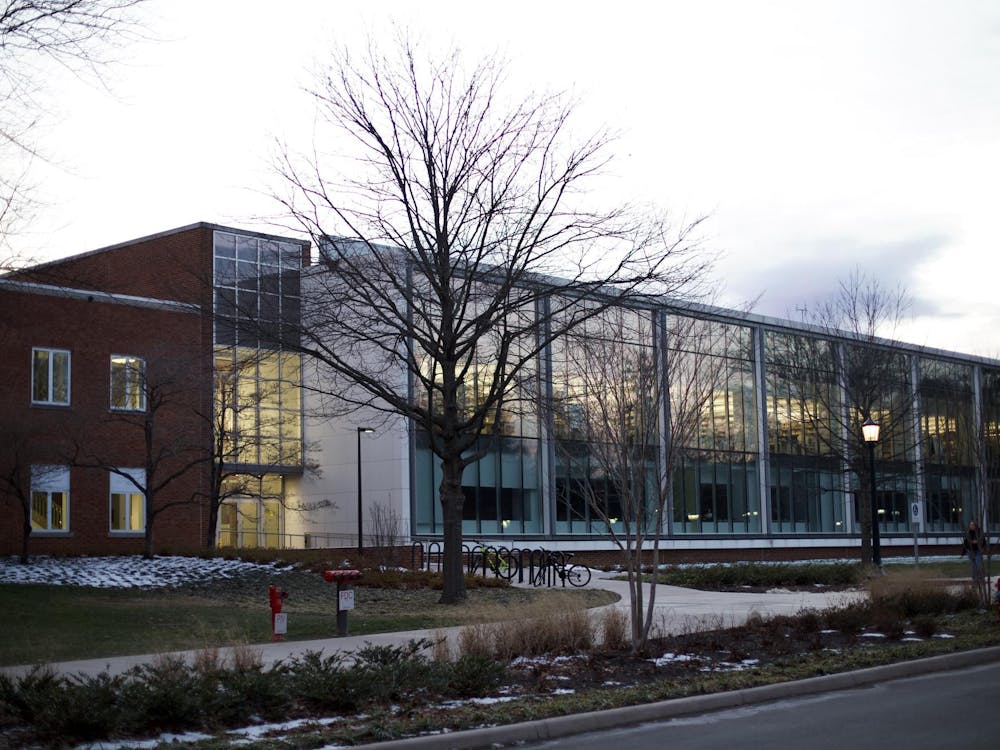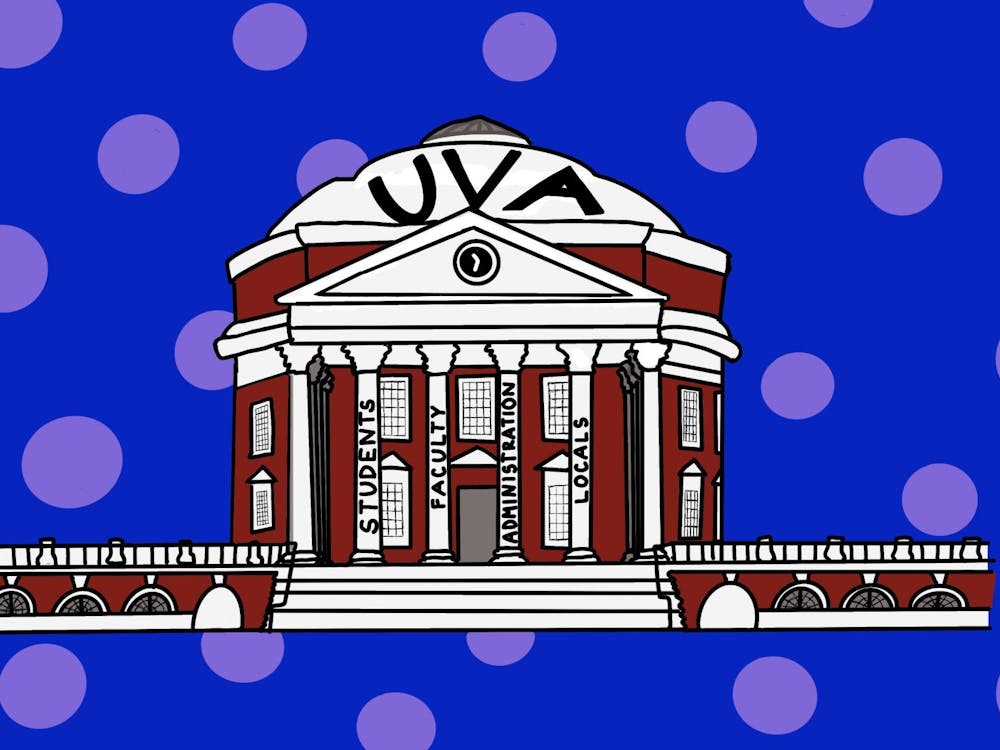HEY YOU! Yeah, you standing over there! What are you doing with those campaign flyers? Don't you know that you can't hand those out here? This is a college!
You wouldn't expect to hear these words spoken on a college campus, but if you go to Arkansas, you might. Last week, the University of Arkansas won the distinction of being named the Freedom Forum's "First Amendment Outrage of the Week" for its policy of banning political activity on campus. (freedomforum.org). The university's policy is that political groups are not allowed to distribute literature or sign up new members anywhere on campus. Likewise, student groups are not allowed to take stances on political candidates. Through this policy, the University of Arkansas has put a muzzle on free speech at their campus, which not only violates students' constitutional rights, but also limits students' potential for learning.
Taking away a student's right to free expression and then asking him to present unique ideas is like asking someone to drive a car while he's tied up and blindfolded in the backseat. In both situations you take away the tools necessary to perform the task at hand. Academic work requires that students express themselves in new and creative ways, which can't be achieved if their outlets for expression are restricted.
Imagine trying to write a paper about a book if you weren't allowed to read it; you probably wouldn't have much to say, and what you would say more than likely wouldn't be very good. The same logic applies here - how can students learn about the political process if they are not allowed to participate in it?
The University of Arkansas' Web site asks, ironically, "Did you know that more than 70 percent of what you will learn during college results from your involvement with out-of-class experiences?" For many - especially those studying government, political thought and philosophy - discussion of and involvement in political action is just as important to their educational experience as classroom work. By denying students their right to engage in these activities, the University of Arkansas is taking away from their scholastic experience.
But more importantly, the university is in violation of students' rights as citizens. Free speech is not a privilege that can be given and taken away as some governing body sees fit; it is a basic right guaranteed to all citizens by the Constitution. The campus of the University of Arkansas is a public space, and is no different than any other public space or building, be it a county courthouse or the White House. Just as we would not stand for laws and regulations that deny people the right to assemble and to speak their minds in those places, it is inexcusable that such measures have been enacted at a public university. Universities should be in the business of actively encouraging free speech and activism, not discouraging it.
Additionally, nearly all college students are of legal voting age and, as such, have a responsibility to keep themselves informed about political issues and candidates. How are students supposed to make informed decisions on Election Day if they have not been exposed to the candidates and the issues prior to that time? Once again, universities should be in a position of promoting thoughtful citizenship through examination of candidates and issues, and should not hinder students from doing so.
What kind of citizens will University of Arkansas graduates be if they are unaware of politics, or even worse, apathetic towards it? Will they be prepared to step into leadership roles in the state and federal government, or the private sector? Will they become vocal proponents for change, or will their thoughts and views pass silently by?
This policy not only has potentially dire consequences for the state of Arkansas, but it is also harmful to the nation as a whole. Any limitation of free speech puts us on dangerous ground, for once we begin to limit and take away specific rights, particularly the right to free speech, the flood gates open for more wide-sweeping denials of rights. Making the leap from limiting solely political speech to limiting other types of speech, especially unpopular speech, is not a difficult one, once the precedent has been set.
If we as a society value free expression, then every viewpoint, no matter how offensive, misguided or fallacious, needs to be protected. The health of our society depends on that. Once a group begins distinguishing between what is an acceptable expression and what is an unacceptable one - as indeed the University of Arkansas is doing - we come one perilous step closer to the slippery slope that leads to conformity and intolerance.
(Rob Walker's column appears Fridays in The Cavalier Daily.)





